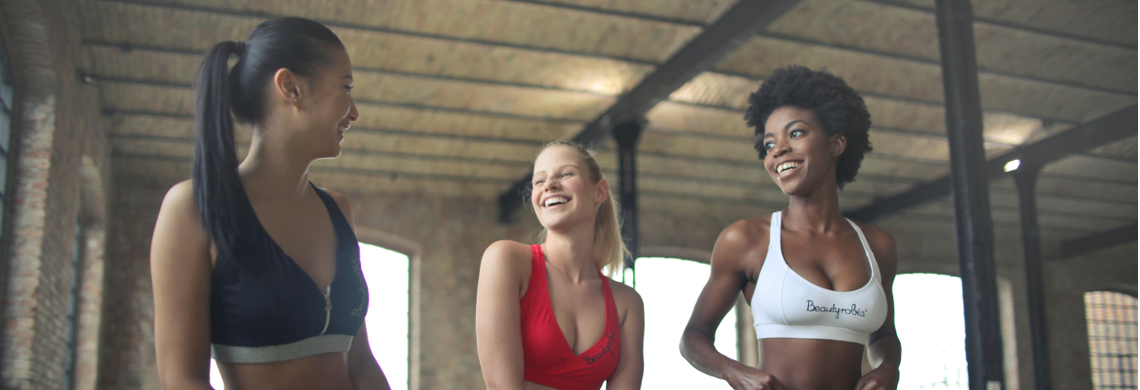Is exercise always good for your pelvic floor muscles?

Depending on the type of sport, the Kegel muscles are more or less stressed. In sports such as cycling, swimming and inline skating, the effect on the muscles is relatively small. On the other hand, in sports such as running or trampoline jumping, the muscles of the perineum are used to a much greater extent and problems may arise when training them for a longer period. An example is the research in which women actively practicing sports took part. The results showed that 52% of them had difficulties with urinary incontinence, and 11% of the women had a problem with organ prolapse. * / **
WHY IS IT HAPPENING?
To avoid incontinence problems, the pressure closing the sphincter must be greater than the pressure exerted by urine.

When the abdomen is very tense, it presses the bladder against the sphincter. Urinary incontinence occurs over time as the muscles of the sphincter become weaker and less efficient and he cannot hold urine.
The same may be true for the muscles that support the uterus and rectum. When repeated shocks, these muscles and their ligaments dilate, thereby not holding the organs properly, which can cause them to fall out.
WHAT CAN YOU DO?
There are many solutions that you can discuss with a specialist: doctor or physical therapist. Choose the one that suits the type of sport you are doing and your own expectations.
You don't have to wait for the first symptoms and ailments. It is worth preventing the possibility of their appearance by training the pelvic floor muscles.
* Thyssen HH, Clevin L, Olesen S, Lose G. Urinary incontinence in elite female athletes and dancers. Int Urogynecol J. 2002; 13 (1): 15–7. ** Source: https://www.ameli.fr/assure/sante/themes/prolapsus-genito-urinaire/comprendre-prolapsus-genital
















